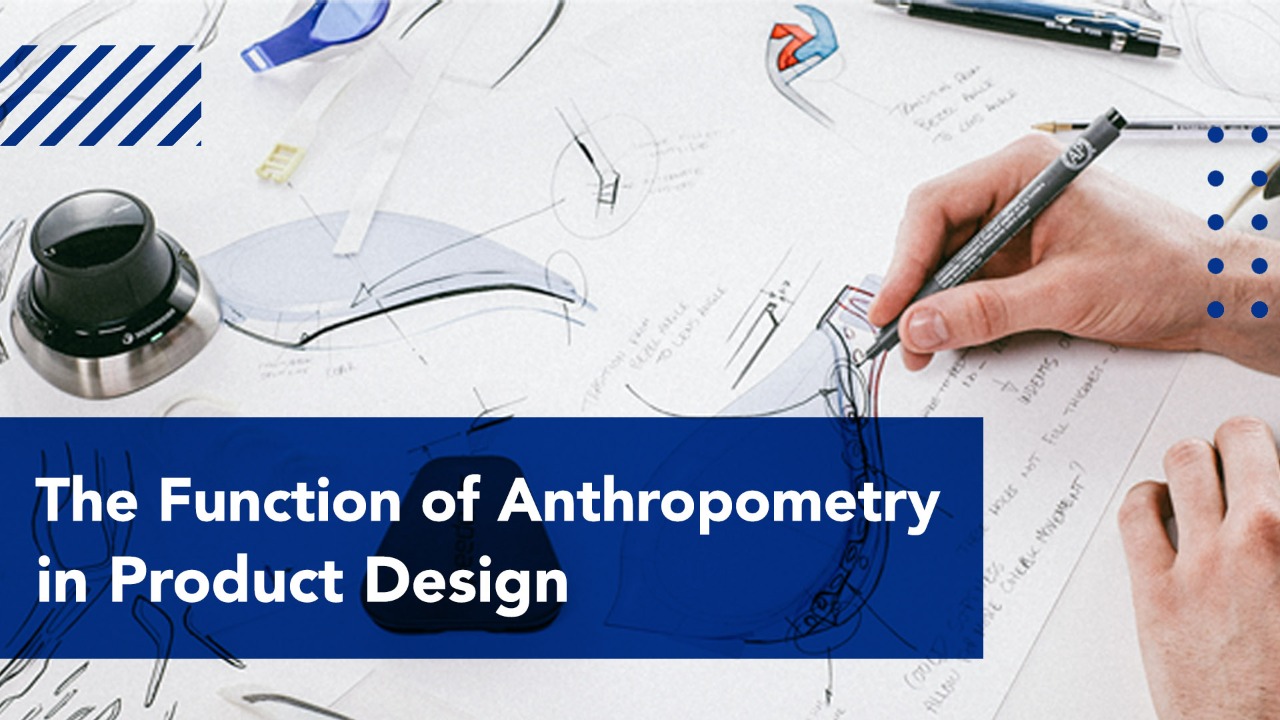Product design describes the technique of designing a product for people need which includes aesthetic, ergonomic and functional. This product should be designed with the comfort and safety of its users. Designing a product is not only producing new products but it should support human work and safe to use.
A designer needs to conduct market research related to what people want. Because of that, the products can be accepted in the market in terms of form, comfort and safety. A designer profession is divided into several groups, namely:
1. Equipment Product Design
2. Environment Tool Design
3. Transportation Tool Design
4. Craft Product Design
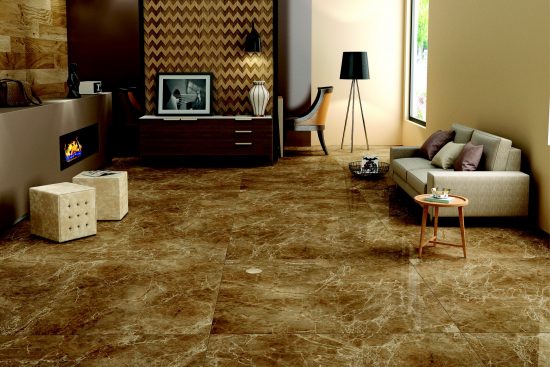
pixabay.com
Ergonomics in Product Design
The term ergonomics comes from “ergon” which means work and “nomos” which means law or regulation. Based on Cambridge Dictionary, ergonomics is a study of human relations and the work environment to improve work effectiveness. The ergonomics aspect is an important thing for designing products to be comfortable for humans.
According to Wignjosoebroto (2008), there are three philosophies for a design that are used by economists as anthropometric data applied, namely:
1. Designing a product for individuals who have extreme sizes. The example is the determination of a minimum size width and height of the emergency exit.
2. Designing a product that can be operated between a certain size ranges. The example is the car seat design can be moved forward or backward and the backrest angle can be changed.
3. Designing a product that has an average size. The example is the design measurement of public facilities such as public toilets, waiting chairs and so on.
Anthropometry in Product Design
Based on Bridger, 2003, the term anthropometry comes from “anthropos” which means human and “metron (measure)” which means size. Anthropometry is a measurement study of the human body dimensions based on human anatomy from different individuals or groups. The more the number of humans whose body dimensions are measured, the variation result between one to another looks greater; both in overall body size or segmentation.
Anthropometry data is used for designing many purposes, such as work facilities, work stations and product designs. Simple products and complex products design must be guided by the wearer’s anthropometry.
The Anthropometric Measurements in Product Design
Anthropometric measurements can be done directly by measuring several samples representing the population. Based on Indriati, 2010, measurement of the dimensions of the human body can be done with several anthropometric devices such as:
1. Sliding Caliper
Sliding caliper is a tool used in measuring the horizontal dimensions of the body such as biaromials, biliocrystals, chest width, arm span and others.
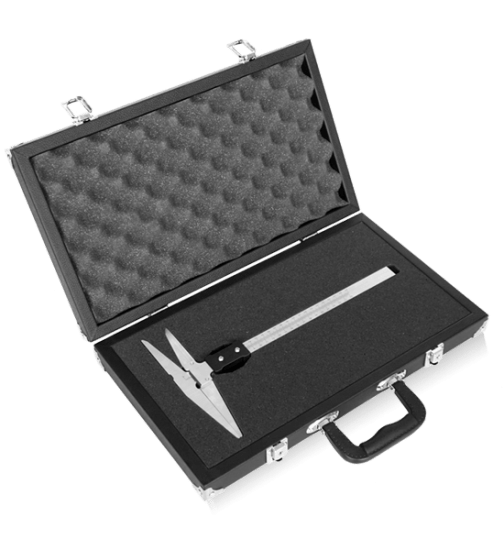
2. Spreading Caliper
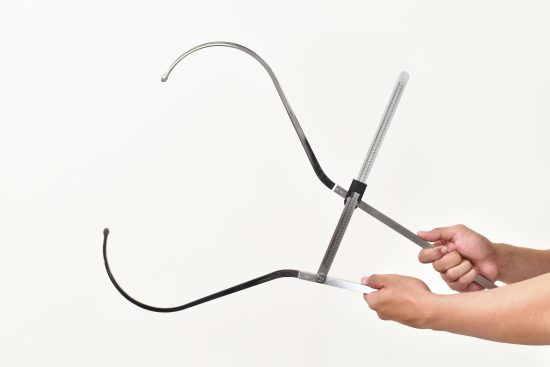
3. Skinfold Caliper
Skinfold caliper is a tool used in measuring the thickness of skin folds such as triceps, subscapular, biceps, quadriceps, calf and others.

4. Tape Measurement
Tape measure is used to measure body circumference including head, neck, chest, waist, thigh and ankle circumference.
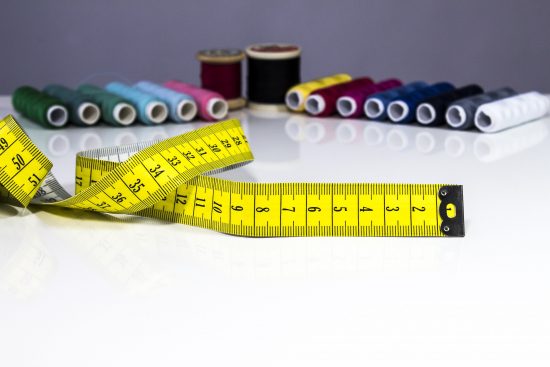
5. Stadiometer
Stadiometer is used as a weight scale.
6. Scale
Scale is used as a weight scale.
7. Anthropometer
Anthropometer is used to measure vertical dimensions that including sitting height, acromial-radiable and so on, as well as horizontal dimensions including chest width and arm span. Here is a picture of an anthropometer measuring instrument.
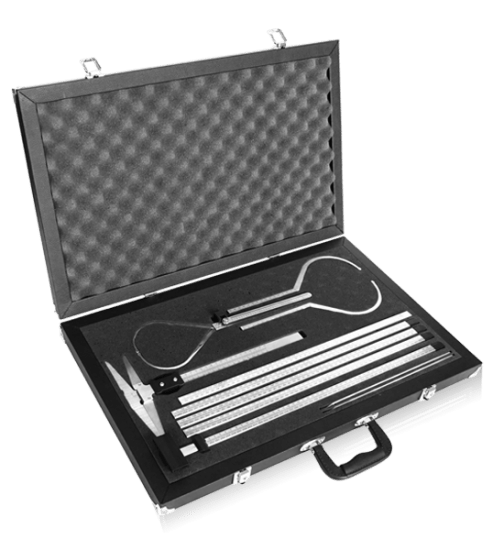
8. Segmometer
Segmometer is used to measure all of the body segments (width and length) and measurement of the horizontal body dimensions.
9. Anthropometric Chair
Anthropometric chair is used in measuring human anthropometric data; especially in sitting position. This thing can be applied in many ways like workers who work in sitting positions, office workers, students who take classes and so on.
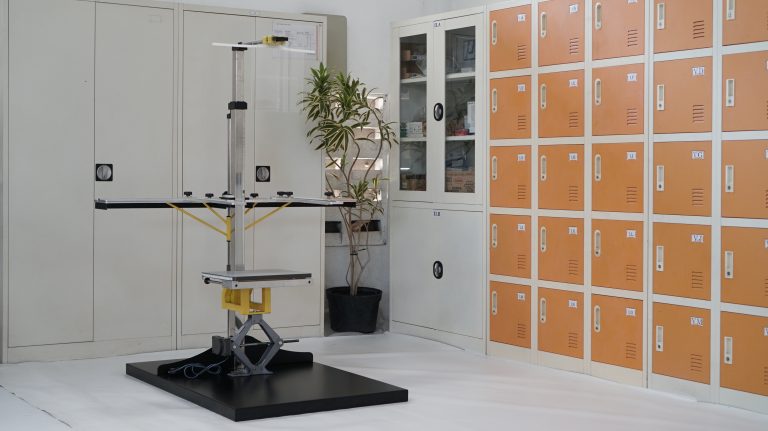
Our anthropometric chair is made from strong material and it can be a long-term investment tool. Anthropometry chair is a measuring tool that can be reached up to 34 human body dimensions.

